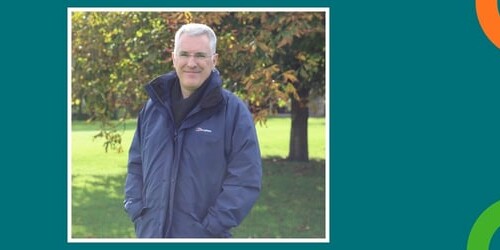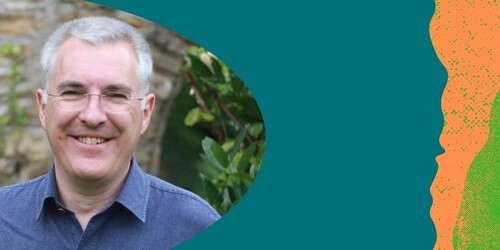Homelessness and poor health often go hand-in-hand. Recent studies have shown that the homeless population experience physical and mental health difficulties at a substantially higher rate than the general population, and although poor health can be a cause of homelessness, it is also one of the major risks of rough sleeping.
Being homeless for even a short amount of time hugely increases a person’s susceptibility to substance abuse. It also dramatically shortens life expectancy. For the long-term homeless, the average man lives until just 47 years old; a woman to just 43. Life expectancy for the general population is 77 years old. This stark difference in life expectancy between the homeless and non-homeless population has stayed at similar levels for the past 20 years, although the rate of deaths from substance abuse and overdose is sadly rising.
In many ways, homeless women are more vulnerable to ill-health than homeless men. For women living on the streets reproductive and sexual health put them at particular risk. They report higher rates of unplanned pregnancies, miscarriages and abortions than non-homeless women. Menstruation cycles can also cause monthly struggles, with limited access to sanitary products and washing facilities.
It’s not just a person’s physical health which is at risk when they become homeless, strains on mental health are both a cause and an effect of housing insecurity. In 2014, 80% of homeless people reported some form of mental health issue. This is almost double that of the general population. Homeless people often experience difficulties in accessing the care they need for both mental and physical health, with some healthcare settings being unable, and sometimes unwilling, to adapt to treating homeless patients with complex problems.
For more on the facts behind homelessness sign up to our monthly e-newsletter.
Related Posts
16 February 2026
A decade with Genesis Trust – Nick Mayo retires as CEO
Our CEO, Nick Mayo, has retired after…



